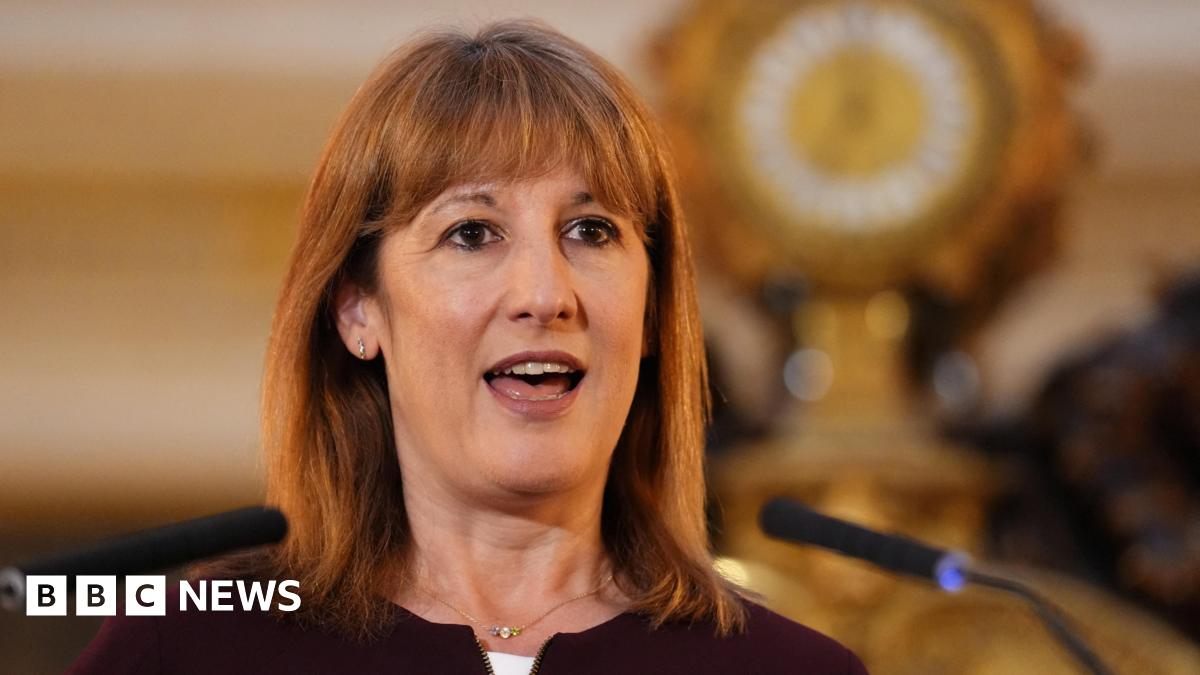The OBR has previously scored UK growth down by 4% due to the original Brexit deal.
The chancellor believes that has set a precedent and that the OBR should include the projected economic upsides of a youth mobility scheme into its upcoming forecast.
Referencing the agreement between London and Brussels earlier this year, Reeves told the Times: “As a result of that reset in May, we think the economy will be stronger. We also want the OBR to score that.”
The OBR will send its first economic forecast to the treasury on Friday, which will include the gap the chancellor will need to make up in her 26 November Budget.
Much is depending on the OBR’s expected downgrade to the underlying long-term performance of the economy, or productivity. The gap could be £20 or £30 billion per year.
In response, the chancellor has stressed a series of measures aimed to help the economy grow faster, including further trade deals.
If accepted by the independent forecasters, the inclusion of the proposed EU youth mobility scheme into its calculations could theoretically limit the extent of any new tax rises.
The OBR has scored policy moves on house building and childcare as helpful to the economy in recent years.
Speculation has been rife that the chancellor will be forced to raise taxes or cut spending in order to fill the fiscal hole, despite Labour’s election promise not to increase income tax, National Insurance or VAT for working people.
